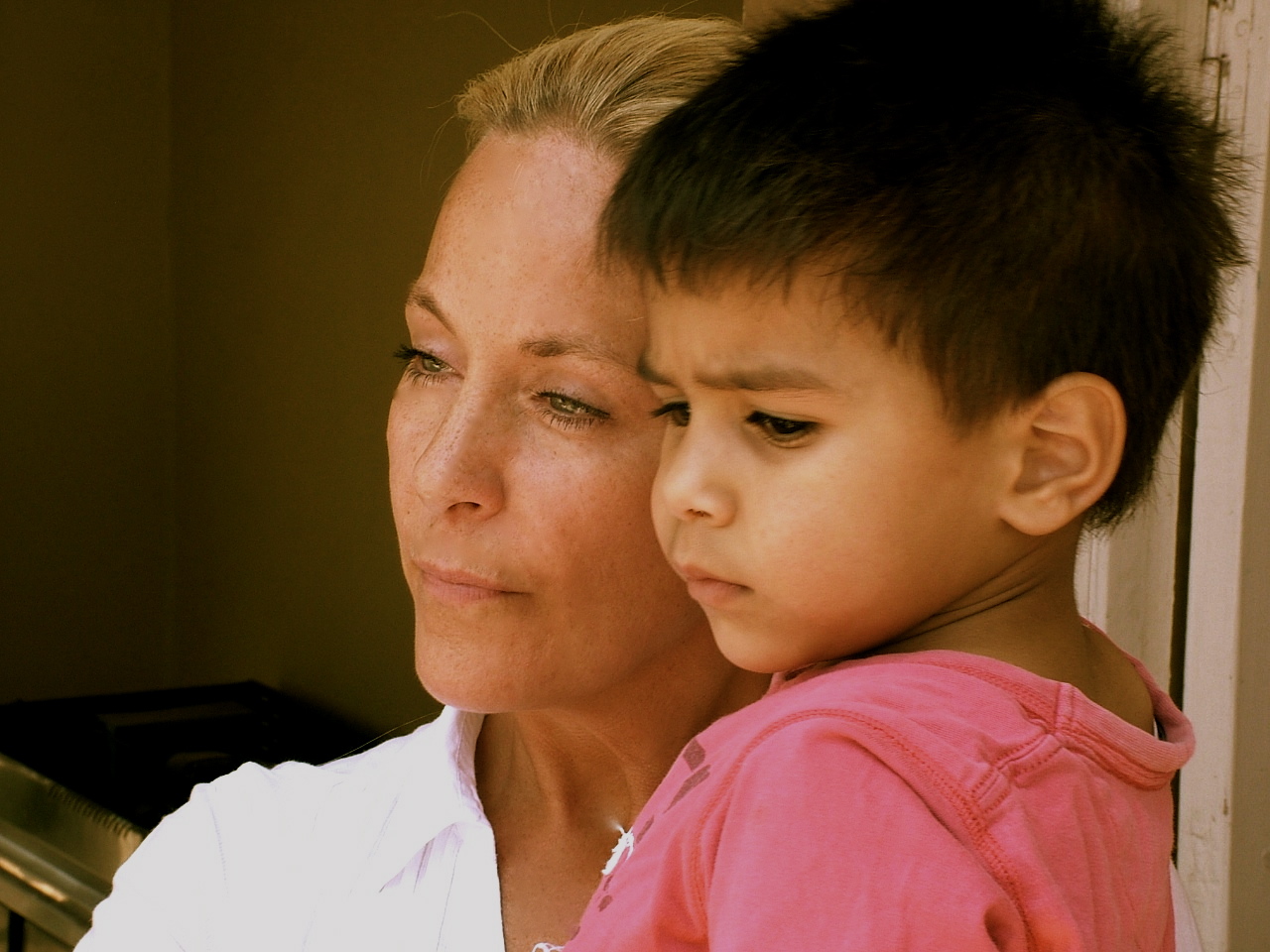Flavia, a mother of three children, has always felt deeply affected by the suffering and distress of children in developing countries. She watched a horrifying BBC documentary on orphanages in China called “The Dying Rooms” that triggered her to take concrete actions to try and help children.
In 2003 she decided to go to Cairo to see how she could help.
After visiting numerous orphanages and slums in and around Cairo, Flavia set up meetings with local authorities, Ministries, the Egyptian Embassy in Belgium, the National Council for Childhood and Motherhood and experts in the field of young children. After months of research and preparation, she put together a report on the precise situation and drew up a plan of action.
Flavia started working with the Ministry of Health and the Ministry of Social Affairs by upgrading two government-run orphanages with extremely poor standards and resources. The work focused on improving general conditions and staff capacity in both institutions. With her experience on the ground, she founded FACE and opened four other centers; one for abandoned babies in Maadi, and three for abandoned children in Benha and Obour.
FACE started working with street children in Cairo in 2007, following a request from the National Council of Childhood and Motherhood. After one year of exclusive outreach work, FACE rapidly developed and expanded its services to answer the needs of street children (Drop-In Center, Transitional Home, Child Friendly School, Reintegration, Trainings). FACE also requested technical support from Friends-International, an organisation with extensive experience in implementing street children support programs.


